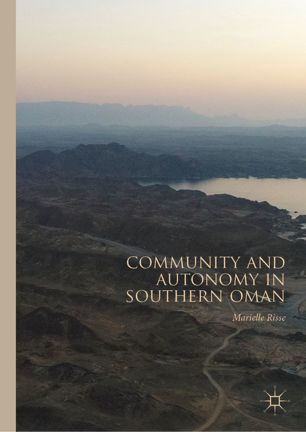

Most ebook files are in PDF format, so you can easily read them using various software such as Foxit Reader or directly on the Google Chrome browser.
Some ebook files are released by publishers in other formats such as .awz, .mobi, .epub, .fb2, etc. You may need to install specific software to read these formats on mobile/PC, such as Calibre.
Please read the tutorial at this link: https://ebookbell.com/faq
We offer FREE conversion to the popular formats you request; however, this may take some time. Therefore, right after payment, please email us, and we will try to provide the service as quickly as possible.
For some exceptional file formats or broken links (if any), please refrain from opening any disputes. Instead, email us first, and we will try to assist within a maximum of 6 hours.
EbookBell Team

4.8
84 reviewsThis book explores how there is latitude for people to make their own choices and how the chances to assert independence change over time in a Muslim, Arab, tribal culture. The book first gives a brief overview of day-to-day life in the Dhofar region of southern Oman, then focuses on how the traits of self-control and self-respect are linked in the everyday actions of several groups of tribes who speak Gibali (Jibbali, also known as Shari/Śḥeret), a non-written, Modern South Arabian language. Although no work can express the totality of a culture, this text describes how Gibalis are constantly shifting between preserving autonomy and signaling membership in family, tribal, and national communities. The work reflects observations and conclusions from over ten years of research into the history and culture of the Dhofar region along with longstanding, deep involvement with both men and women in the Gibali community.